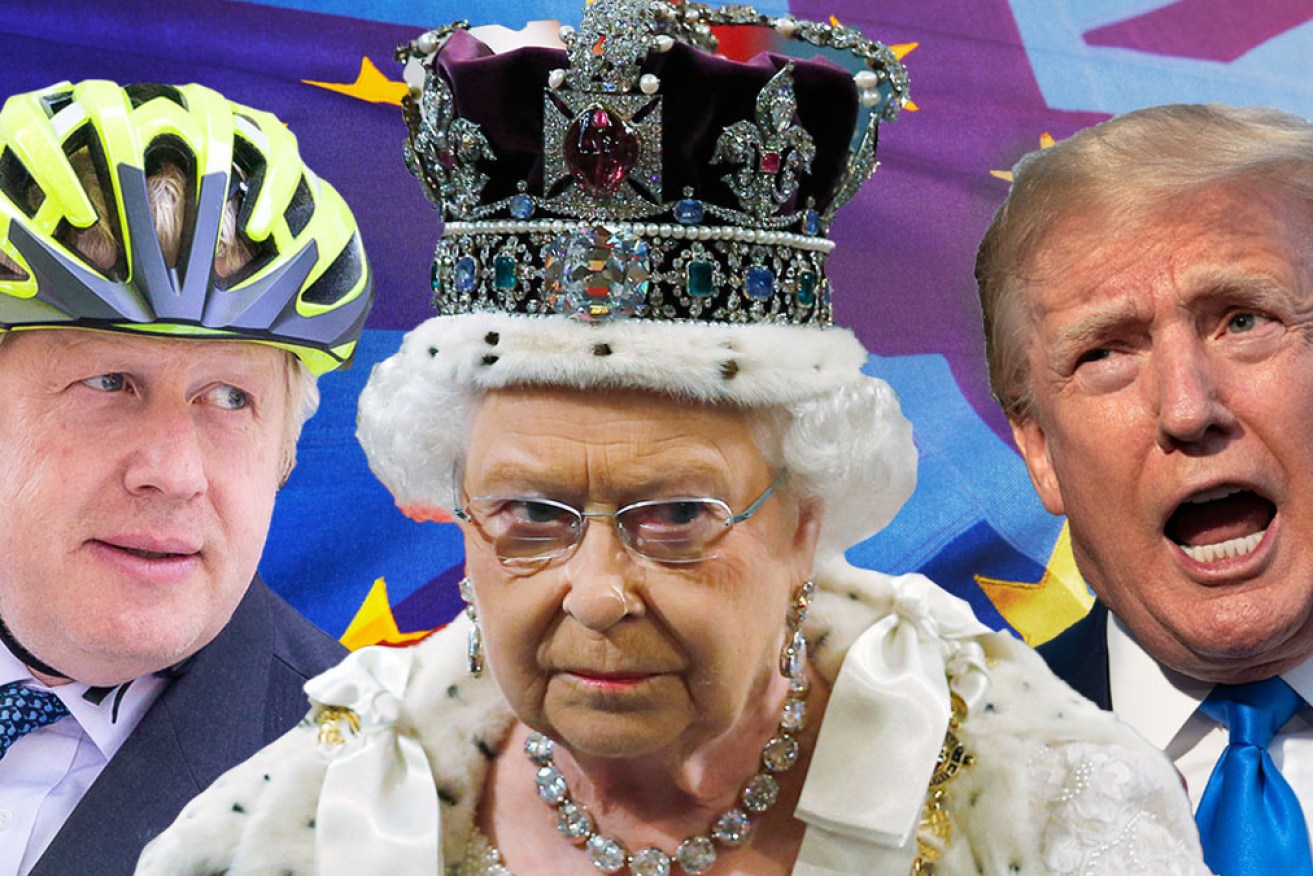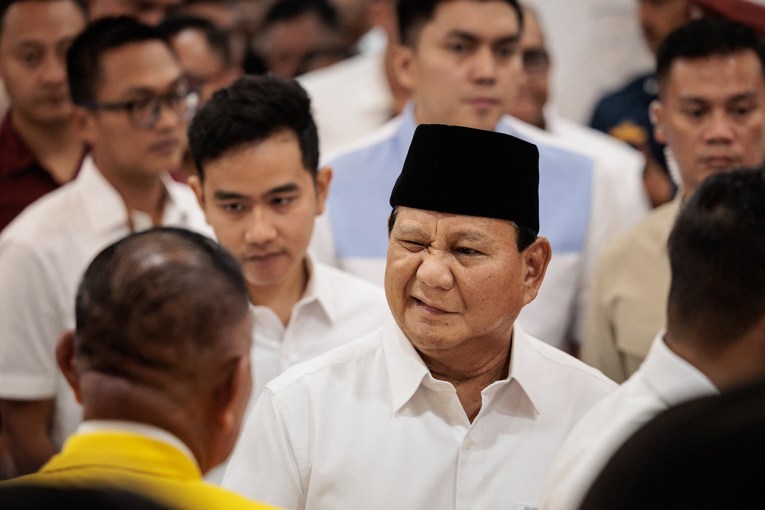Forget state visits: How the Queen may soon be dragged into Britain’s Brexit mire


Trump's visit is not the Queen's only worry. She might have to step in and choose a PM. Photo: Getty/TND
An awkward Palace meeting with US President Donald Trump is not the only problem the Queen has on her hands right now.
There is a growing danger the 93-year-old monarch could soon be dragged into an uncomfortable political intervention to try to break the Brexit impasse among MPs or a potential stand-off between the Parliament and the soon-to-be appointed 13th prime minister of her reign.
The Conservative Party has begun the search for a new PM, and the candidates’ campaign promises are already suggesting the Queen might soon be forced to intervene between the legislative and executive wings of her government.
As things stand, Britain is due to leave the European Union on October 31, either under the Withdrawal Agreement that the outgoing PM Theresa May spent two years negotiating with Brussels, or in a more chaotic “No Deal” exit if Parliament continues to reject that deal.
New prime minister
At the hardline end of the 13-strong field to replace Mrs May, former minister Esther McVey is openly embracing leaving with No Deal on October 31, despite business warnings that it would be calamitous.
Her colleague Andrea Leadsom, meanwhile, claims she would soften a No Deal exit by negotiating smaller side deals with Brussels.
One candidate, Michael Gove, reportedly believes that the EU should be asked for more time, but frontrunner Boris Johnson and most of his rivals claim they will somehow reach a new deal with Europe that is acceptable to most MPs, and if not, they will leave anyway with No Deal on October 31.

Ms Leadsom thinks she can convince the EU to soften its stance: Photo: Getty
The problem is that there is no clear path to either a new deal or a No Deal exit on October 31.
Many British MPs have spent three years deluding themselves that the EU would split or roll over and let the UK have its way, when the 27 other EU nations have in fact shown much more unity than the UK’s own Cabinet, Parliament and public.
The latest signs from Europe do not suggest they are ready to reopen talks in a hurry.
Outgoing EU president Jean-Claude Juncker said flatly this week that “There will be no renegotiation,” while his chief negotiator Michel Barnier ruled out side deals by saying “If there is no deal, there is no more discussion”.
Ms Leadsom’s response is to insist the UK should go straight to the leaders of the 27 EU nations, but Luxembourg’s PM Xavier Bettel did not leave much room for hope when he was asked this week about reopening the deal.
“No! Renegotiate? No! No, no, no, no, no, no. Renegotiate? No! We had the negotiation, we finished the negotiation,” he said, with what seemed a reasonable amount of clarity.
In any case, it is not clear who the new British PM could negotiate with, as Mr Barnier finished his work before last week’s EU elections.
Talks are now under way to select new leaders of the EU bureaucracy, who are not due to begin their five-year terms until November 1, the day after UK’s scheduled exit.
What about a No Deal exit?
The House of Commons has already voted against leaving without a formal deal, and there is every chance that MPs would unseat a new PM who tried to oversee one.
Even the Chancellor Philip Hammond has warned that he would contemplate voting to bring down his own government if it was heading towards a No Deal Brexit.
One potential circuit breaker would be another referendum, but Brexiteers know that with what the public now knows about Brexit, a new vote would be likely to cancel Brexit altogether.
The new PM could instead try to ignore the will of Parliament and run down the clock to allow a No Deal exit by default on October 31, but such a defiance of convention is one way that the Queen could be dragged in to exercise her reserve powers and perhaps call a general election.
An election is the second potential circuit breaker, whether it is brought on by the PM, the Parliament or even the Queen, but it could easily leave no party with a majority, forcing Her Majesty to choose which party leader should be allowed to try to form a government.
That choice would be the most difficult of her 67-year reign, as Brexit means many MPs’ allegiances no longer follow simple party lines.








